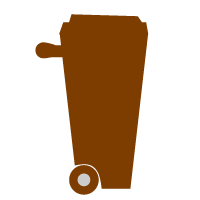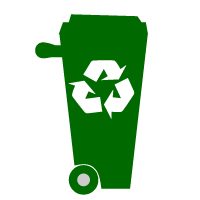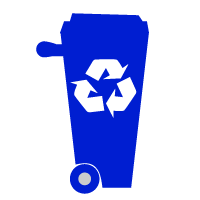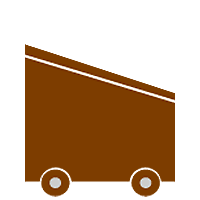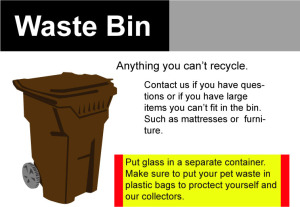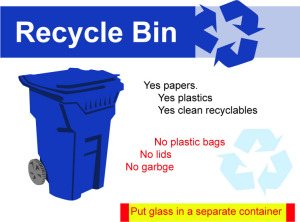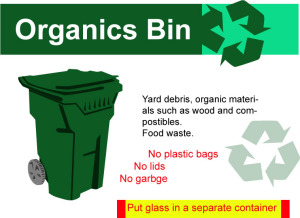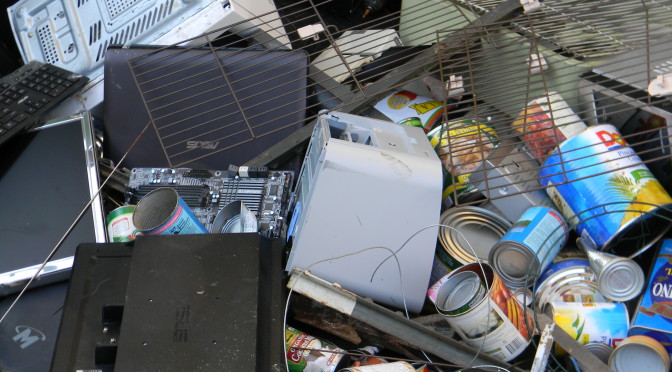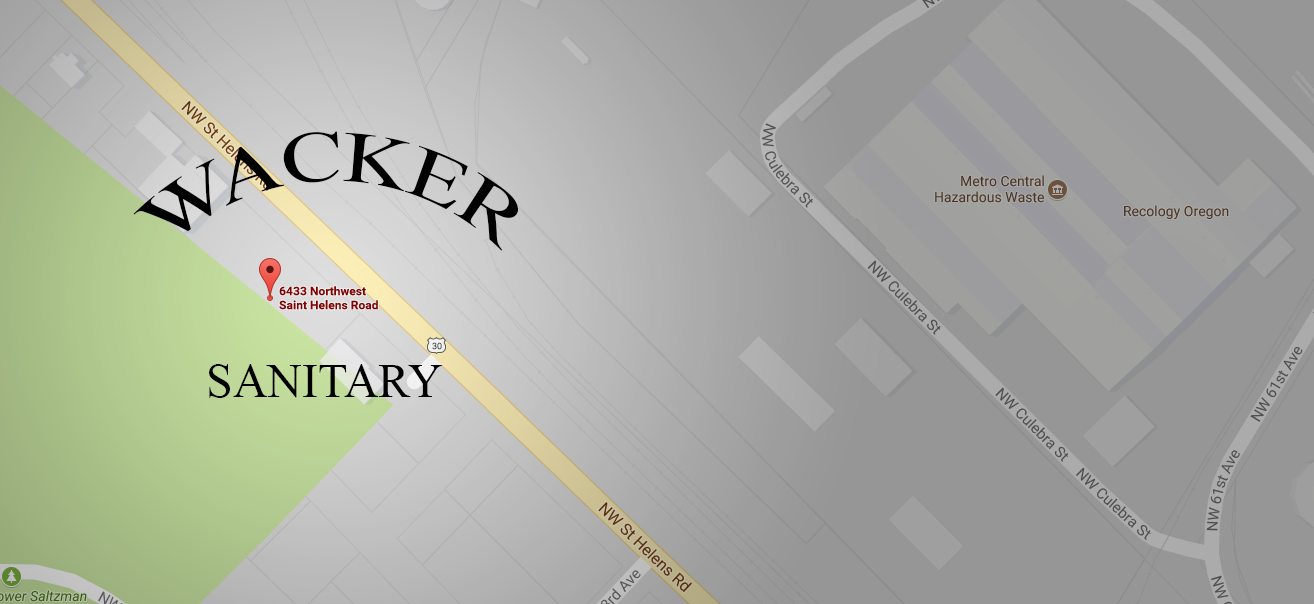Use your brown bin for your waste and non recyclables.
We have larger sized bin call us or contact us if you need one.
Anything that you are unable to recycle or add to your compost can be put in this bin. For large items such as mattresses or sofa please contact us and will let you know if an extra charge applies.
Don’t forget your pet waste. It can be an health hazard and can pollute our water streams. To protect yourself and our collectors follow these tips:
Dog waste
Dog waste can carry parasites and bacteria. For example:
Roundworm – Roundworm resides in the small intestine of the dog. Its eggs are passed to the outside environment in the dog’s waste. However since humans don’t develop roundworm the roundworm takes a different path in the human body through the tissues and organs that can cause disease to the lungs, liver, and eyes.
Hookworm – is a parasite that is picked up by individuals that walk barefoot in contaminated areas.
Cat waste
Making sure your cat waste is bagged will protect our collectors and sanitation workers as well as you and folks and pet in your community.
Cat feces can possibly carry toxoplasmois, a parasitic disease caused by the protozoan Toxoplasma gondii. If contracted it would be dangerous for infants, pregnant women and people with weakened immune systems.
Make sure to always wash your hands after cleaning the litter box.

